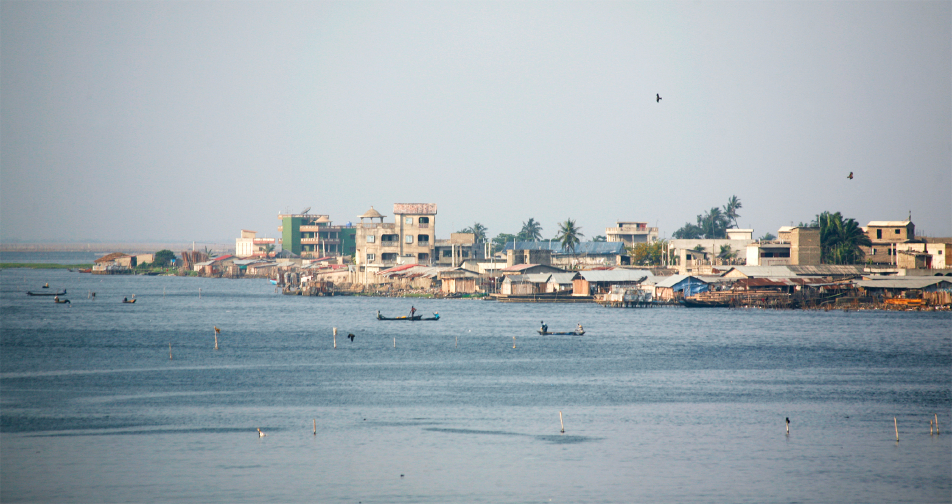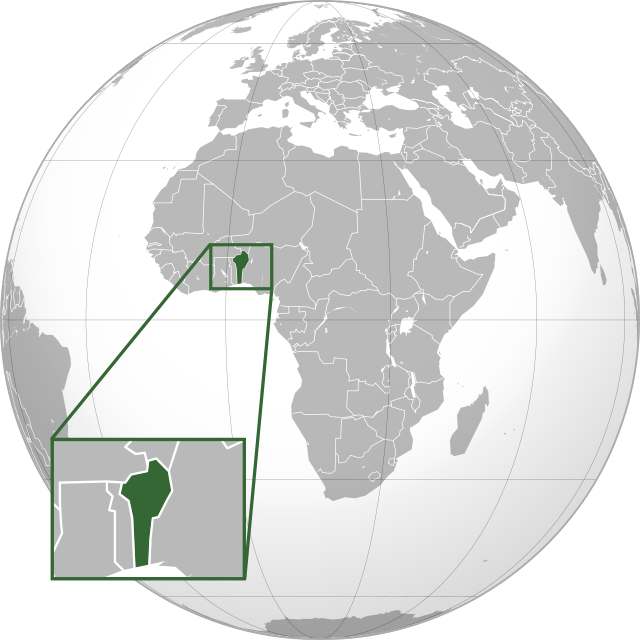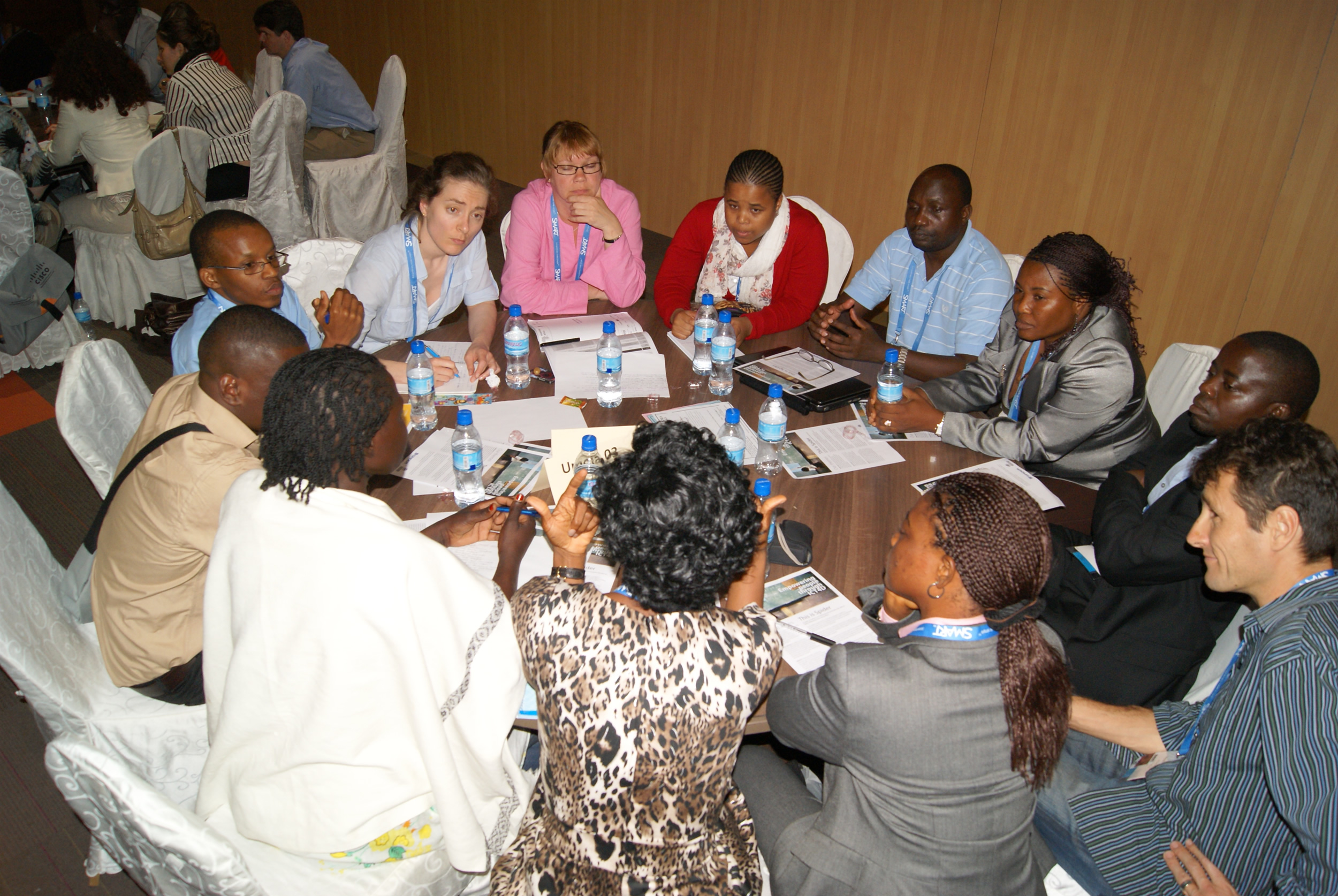The telecentre movement is nothing new. As an effective service for improving the livelihoods of rural communities, it is a model which exists the world over. Picture a telecentre in Africa, and the image of a small building where people can go to get access to a computer, phone, fax, go online or charge a mobile phone springs to mind. This conventional scenario still […]
Recent news
Good tidings for Africa’s eLearning aficionados
The good news is that the Call for Papers for eLearning Africa 2012 closes on Friday, January 9th, 2012, so there is still time to submit an application to present a paper, host a workshop, give a demonstration or showcase products and services at the accompanying exhibition. The conference will take place from 23rd to 25th May, 2012 in Cotonou, Benin, a country making […]
Cotonou calling
The 7th International Conference on ICT for Development, Education and Training will be held in Cotonou, Benin, from May 23rd – May 25th, 2012, and the call for papers is now open. A conference and exhibition covering every facet of Information and Communication Technology for education and training, eLearning Africa is an annual event not to be missed, an event that has long attracted […]
Benin: country profile
To date, eLearning Africa has been held in Addis Ababa, Nairobi, Accra, Dakar, Lusaka and Dar es Salaam. United by the common goal of sharing knowledge about how best to integrate ICTs into education and training activities in Africa, the host countries have each offered a unique backdrop to the event on account of their social, cultural, and economic distinctions – distinctions which define […]
eLearning and sustainable development: perspectives from Benin
Carrying out a sustainable plan for the development of ICTs on the Continent will necessarily entail cooperation between the private sector and government, and the eLearning Africa forum allows for fruitful dialogue between various stakeholders. The topics to be explored at eLA 2012 include the development of sustainable technology and infrastructure and how eLearning can be a vehicle for the sustainable development of communities, […]
A reflective evalutation of eLA 2011
Time has flown by since May 2011 when we gathered in Dar es Salaam for the 6th eLearning Africa conference. Now that the dust has settled, we have the chance to look back and reflect on how the conference unfolded. An evaluation of the conference entails examining the feedback provided by the conference participants and reflecting on what we have learnt, what was most […]
Our media library update
No conference on ICTs would be complete without comprehensive online documentation of the planning, process and outcome. Our roving reporters captured the essence of eLA 2011 – starting with the welcoming ceremony, the plenary sessions and ever-lively debates – and also covering the overall spirit of the entire conference and exhibition. Highlights of all these are now available for viewing on the eLearning Africa […]
BBC World Service covers eLearning Africa
The BBC World Service covered this year’s eLearning Africa conference in Dar es Salaam, Tanzania in several of its programmes in both English and Swahili. The following report by Tulanana Bohela was broadcast as part of the prime time programme “Network Africa” in English on Friday 27 May 2011.
Cameroon chief advocates ICTs to preserve traditional culture
The appearance of Gaston Donnat Bappa, a traditional chief from the Babimbi region in Cameroon, was one of the most prominent at eLearning Africa 2011. Dressed in colourful traditional robes, the senior Information Technology consultant who holds a degree in information engineering and a diploma in banking and finance, delivered a presentation on the use of ICTs to support farmers in rural areas. […]
Lifelong learning in African healthcare
Experts at eLearning Africa 2011 suggested that eLearning could bridge the alarming skills gap that exists between nurses trained in different disciplines. Some pointed to successful partnerships with NGOs in East Africa. Others discussed scale and replicability in African medical training.




























